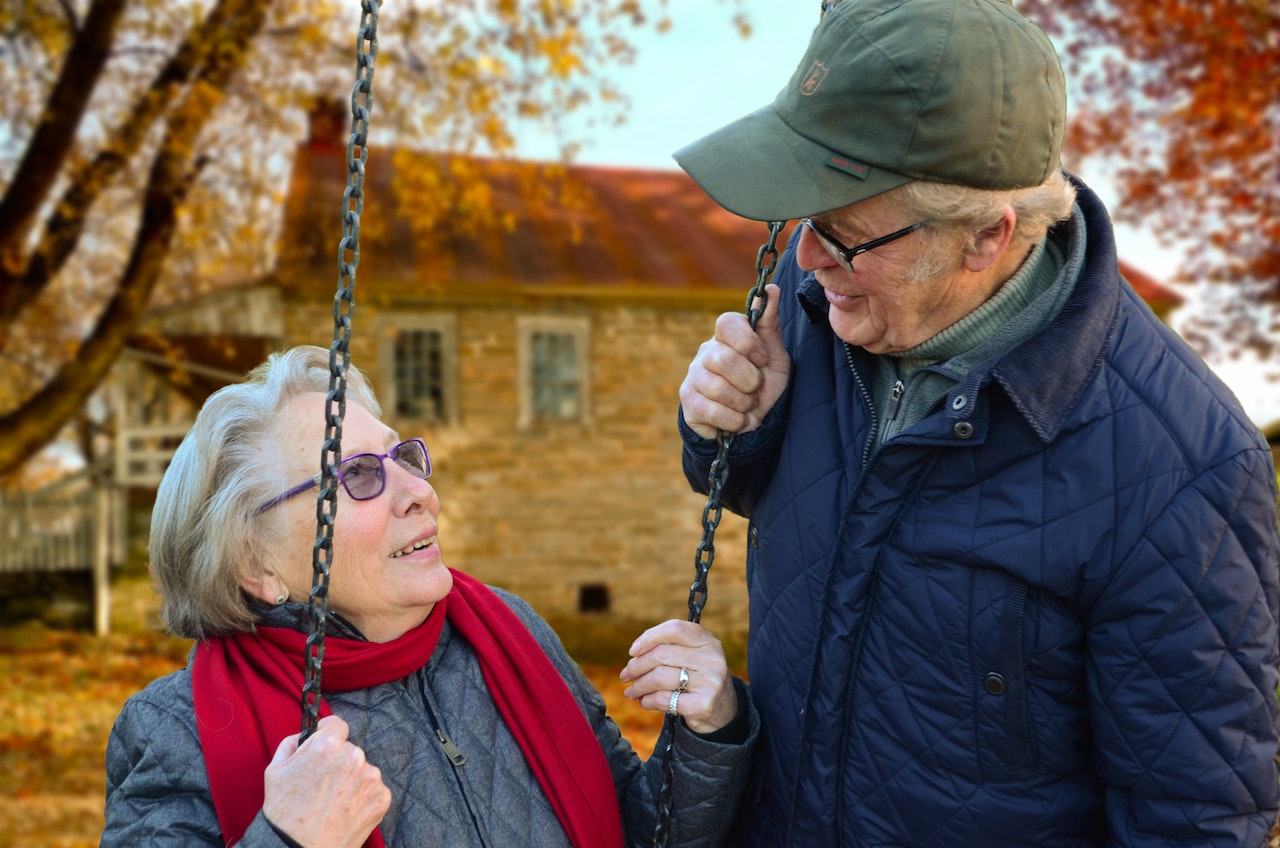For many veterans, the decision to retire is a difficult one. Leaving the camaraderie and structure of military life behind can be hard. However, it is important to remember that retirement is an opportunity to start fresh and focus on your health. This blog post will discuss some tips for maintaining a healthy lifestyle as a retired veteran.
Prioritize Mental Health:
Mental health is just as important as physical health, and it is especially important for retirees. After leaving the military, veterans often experience feelings of depression, anxiety, and loneliness. Finding ways to cope with these emotions healthily is important, such as talking to a therapist or joining support groups. Doing so can help avoid long-term mental health issues. Another important thing to do is to stay socially connected. Reach out to old friends or join local groups and activities that can help fill the void left by military life.

Maintain Physical Health:
Exercise is essential for good physical health, and it can also be beneficial for mental health by releasing endorphins that help reduce stress and improve mood. Retired veterans should strive to incorporate at least 30 minutes of moderate exercise into their daily routine. This could include walking, jogging, swimming, or weightlifting. It’s important to consult a doctor before engaging in any new physical activities, especially if the veteran has any underlying medical conditions.
Invest in Regular Medical Exams:
Once you’ve retired, it’s important to ensure you keep up with regular medical check-ups and screenings as needed. Veteran retirees have access to free health care through the VA, so be sure to take advantage of this benefit by scheduling regular exams with your doctor or health care provider to identify things like cancer at your nearest mesothelioma veterans center. In addition, make a point to get any recommended tests done at least once a year, such as blood work or mammograms if necessary. Keeping up with preventive care will help catch problems early on before they become serious issues. You may also want to consider investing in a gym membership or taking other steps like eating healthy and supplementing your diet with vitamins and minerals.
Overcome Challenges:
Retaining veterans often face a few challenges that can make it difficult to maintain a healthy lifestyle. Many veterans have physical or mental health issues as a result of their service, which can limit their ability to exercise and stay active. In addition, the stress of transitioning into civilian life after serving in the military can cause some veterans to engage in unhealthy behaviors like overeating or smoking.

Fortunately, many resources are available to help retired veterans deal with these issues and stay on track with their wellness goals. Mental health professionals such as psychiatrists, psychologists, social workers, and counselors specialize in helping individuals with emotional and behavioral difficulties related to military service. In addition, physical therapists can help veterans with physical disabilities manage pain and maximize mobility.
Maintaining a healthy lifestyle as a retired veteran can be challenging, but it is not impossible. With the right resources, veterans can make this transition easily and look forward to years of good health and happiness. Investing in regular medical exams, prioritizing mental health, staying physically active, and overcoming any challenges that may arise are all critical steps for veterans to take when preparing for life after the military.

